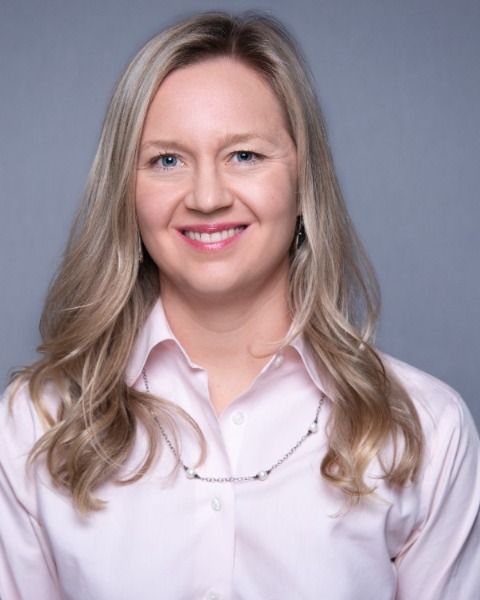Clinical Care
Trainee
Winning the Wean: Developing and managing sedation weans
-
KT
Katherine Tang, MD (she/her/hers)
Assistant Professor of Pediatrics
Columbia University Vagelos College of Physicians and Surgeons
New York, New York, United States -

Leanne Svoboda, PharmD (she/her/hers)
Pediatric Lead Clinical Pharmacy Manager
NewYork Presbyterian, Morgan Stanley Children’s Hospital
New York, New York, United States -

Zarema Muratova, BS Pharm, BCPPS (she/her/hers)
Pediatric Progressive Care Unit Pharmacist
Morgan Stanley Children’s Hospital, Columbia University Medical Center, New York-Presbyterian Hospital
Brooklyn, New York, United States -
NM
Nicole Meyers, MD (she/her/hers)
Pediatric Hospital Medicine Fellow
NYP - Columbia/Cornell
New York, New York, United States -

Hadley Brighton, MD, MA (she/her/hers)
Assistant Professor of Clinical Pediatrics
Weill Cornell Medicine
New York, New York, United States -
DL
Divya Lakhaney, MD (she/her/hers)
Associate Professor of Pediatrics
Columbia University Vagelos College of Physicians and Surgeons
New York, New York, United States -
.jpg)
Taylor Sewell, MD, MBA (he/him/his)
Assistant Professor of Pediatrics at CUMC
Columbia University Vagelos College of Physicians and Surgeons
New Hope, Pennsylvania, United States -

Mirna Giordano, mg2267@cumc.columbia.edu (she/her/hers)
Associate Professor of Pediatrics
Columbia University
New York, New York, United States -
TM
Teresa McCann, MD (she/her/hers)
Columbia University Irving Medical Center
Bronx, New York, United States -

Senayit Demie, MD (she/her/hers)
Assistant Professor of Pediatrics
Morehouse School of Medicine
Decatur, Georgia, United States -
AR
Alex Ramirez, MD (he/him/his)
Pediatric Hospital Medicine Fellow
NewYork-Presbyterian Hospital
Yonkers, New York, United States
Leader(s)
Co-Leader(s)
Workshop
Description: Long-term sedation and analgesia with medications such as opioids, benzodiazepines, and alpha-2 agonists are required for a variety of hospitalized patients. These patients often have prolonged hospitalizations and are at risk of withdrawal when those medications are weaned. Tools, such as the Withdrawal Assessment Tool (WAT), are validated to characterize withdrawal severity. However, there is no validated, standardized method for how to apply these tools to wean sedative and analgesic medications. This workshop will discuss the challenges in developing weaning regimens for inpatient and outpatient monitoring, strategies to meet unique patient needs, and diagnostic difficulties when facing withdrawal symptoms. Participants will learn how to implement strategies to wean sedative and analgesic medications safely while monitoring for withdrawal and other complications.
Workshop content will focus on familiarizing participants with the commonly used medication classes noted above and common dosing regimens. The workshop will include a step-by-step approach based on best practices and literature. Workshop leaders will guide participants through small group discussions with case-based scenarios focused on how to wean different classes of medications. The cases will highlight various considerations to make when facing complicated patient and illness factors as well as management post-discharge. The participants will have the opportunity to create concrete patient plans in a group setting and will receive a pocket reference card for easy access to the sedation weaning techniques discussed. At the conclusion of the workshop, materials will be distributed through a QR code to allow participants to share the lessons learned at their home institutions.
Learning Objectives:
- Describe commonly used sedative/analgesic medications (opioids, benzodiazepines, and alpha-2 agonists) and their properties
- Analyze different approaches to tapering sedative/analgesic medications (opioids, benzodiazepines, and alpha-2 agonists) based on various clinical scenarios, patient needs, and goals for discharge
- Evaluate and manage adverse effects, withdrawal, and other complications of tapering sedative/analgesic medications using validated tools
